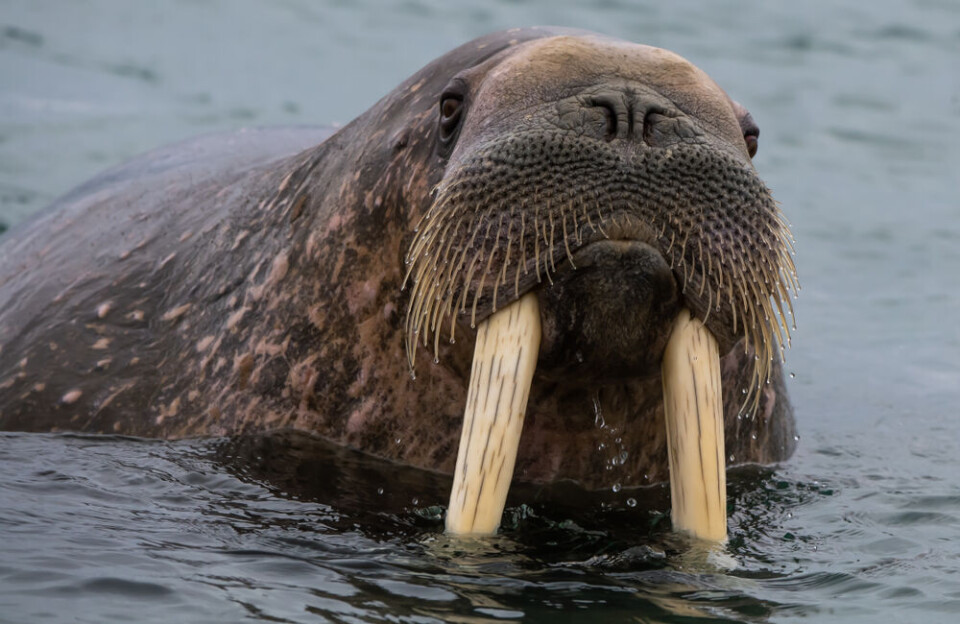-
Foreigners in France 'should be given local votes back'
Political right mobilised to try to halt debate on law extending rights
-
Is it time to stop changing the clocks in Europe?
Campaigners say it would help improve health and also reduce traffic accidents
-
Gisèle Pelicot memoir hits sales top spot in France
The book, which has been translated into 22 languages, left Queen Camilla ‘speechless’
Walrus spotted resting in Normandy port, 3,500km from home
The mammal was not thought to be in poor health, and was just one of the North Atlantic animals seen in French ports this weekend

A walrus has spent the night in a Normandy port after being spotted in Dieppe on Friday (November 18), but was not harmed and is not thought to be in poor health.
The animal is a protected species, and is usually seen far from the Normandy coast in the cold water of the North Atlantic.
The Seine-Maritime prefecture announced the sighting, and said that a security perimeter had been established around the animal for its safety.
It said: “A walrus was observed this evening (Friday) in the port of Dieppe. The teams of the OFB (Office français de la biodiversité) and Pelagis (marine animal observatory specialist) have not noted any issues concerning its health.”
Un morse a été observé ce soir dans le port de @dieppefr
— Préfet de Normandie et de la Seine-Maritime (@Prefet76) November 18, 2022
Les équipes @OFBiodiversite et #PELAGIS ne relèvent pas d'alerte concernant sa santé.
⚠️Mise en place d'un périmètre de sécurité à strictement respecter➡️les morses sont craintifs mais demeurent des animaux sauvages pic.twitter.com/cpUGl7PskT
Marine animal defence association Sea Shepherd said that people should not “approach the animal”, which should be left “to rest without being impeded”. The prefecture said that walruses are “still wild animals” even though they can be “fearful”.
Des curieux sont là mais il ne faut absolument pas s'approcher #dieppe #morse pic.twitter.com/K96xgJDWIq
— Fabien Massin (@massinfabien) November 19, 2022
The prefecture later announced that the animal had “dived into the water” at around 10:30 the next day, and had not been seen since.
It said: “Walruses are mammals that tend to get out of the water to rest before departing again with the next tide.”
The Pelagis website stated that “it is very rare” that walruses are seen so far from the Arctic Circle. The closest populations tend to be seen in Svalbard and Greenland, as far as 3,500km from Dieppe.
Razorbill spotting
Just as the walrus went back into the water, another North Atlantic creature was spotted on the other end of France, in Nice. A razorbill was spotted in the port by workers at Superfly Watersports.
The species is usually seen in the Channel or the North Atlantic, but at this time of year, it migrates towards the south in preparation for the winter period. This lasts until March.
In videos shared of the sighting, the razorbill appears to be hunting. It normally does this by diving 25m - and sometimes up to 120m - below the sea surface to catch schooling fish.
Razorbills generally live in a couple, or in a group. They are a protected species in France due to their rarity and risk of extinction.
Related articles
‘Miraculous’: Whale beached in Brittany regains the sea
Two huge fin whales seen off coast of Marseille
Help scientists look for at-risk whale off France's south coast
























